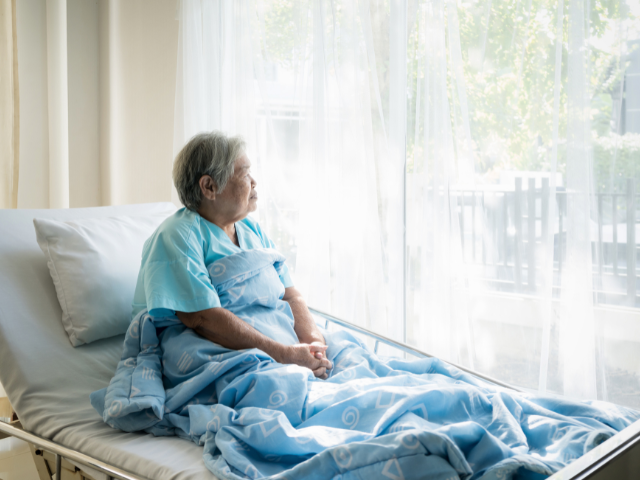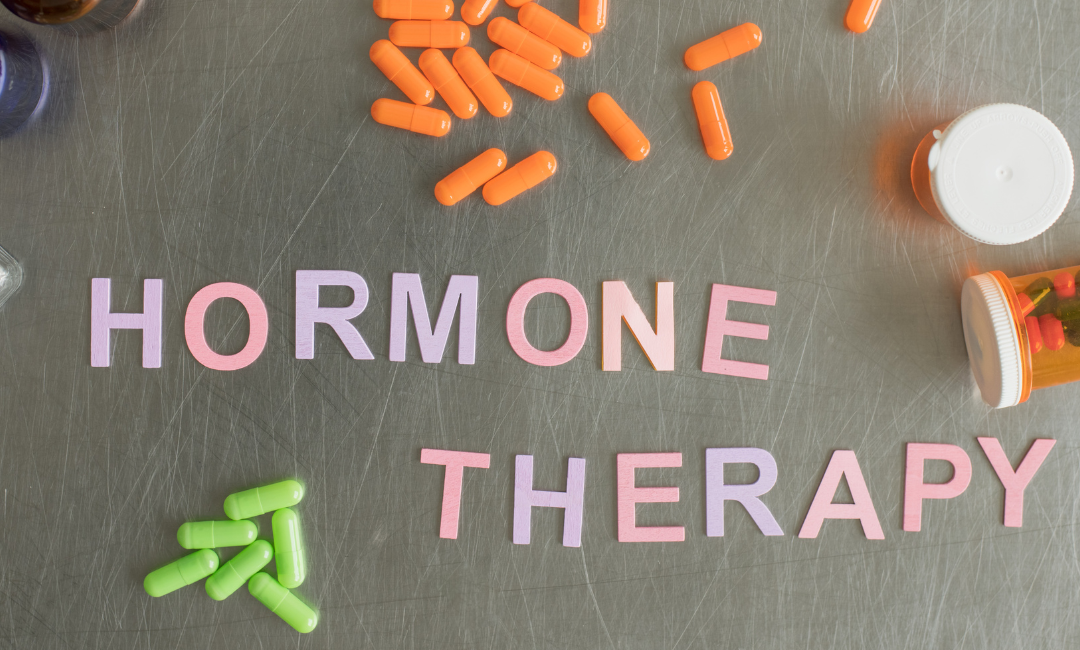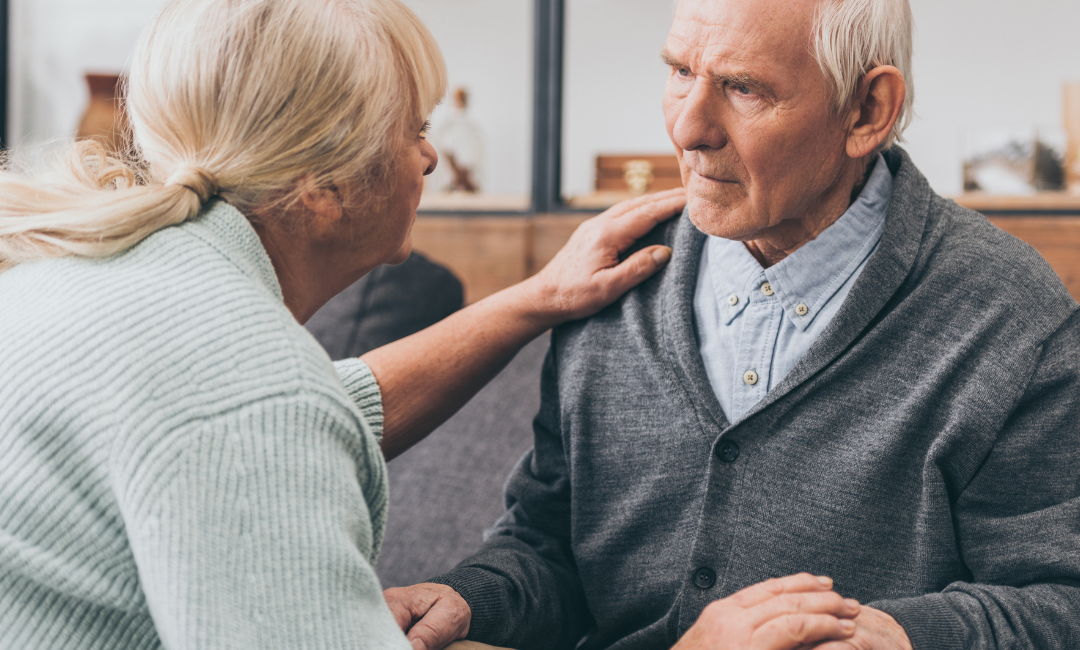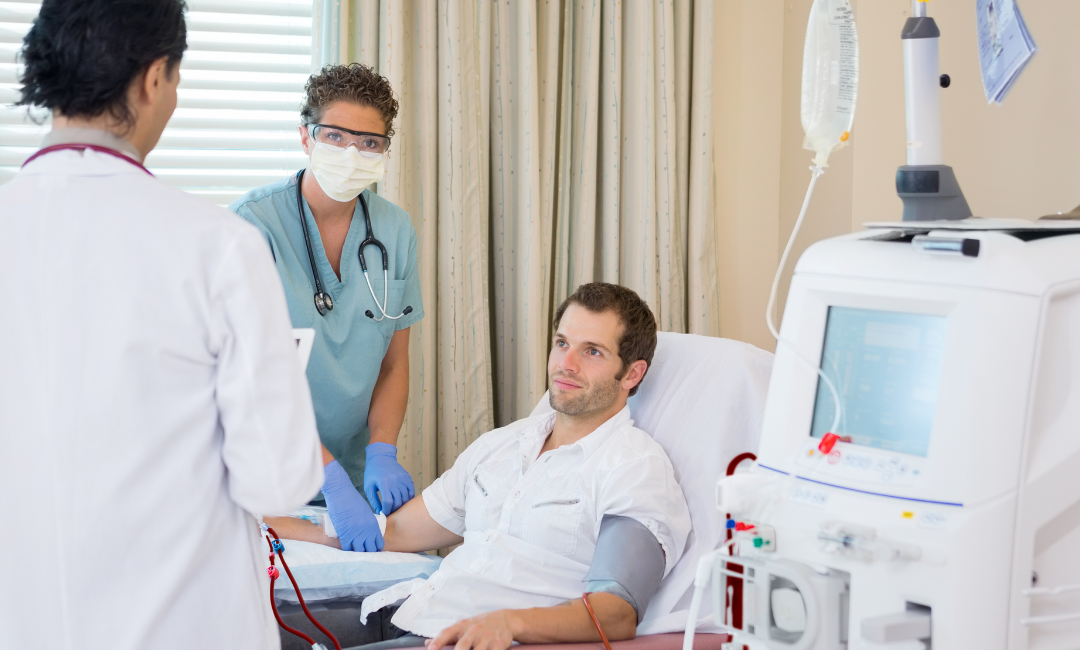Why are Thyroid Disorders Common in the Elderly?
Several changes in thyroid hormone secretion, metabolism, and action occur with the increase in age. Aging is often associated with a decrease in the serum thyroid stimulating hormone (TSH), resulting in hypothyroidism.
Hyperthyroidism can also occur in the elderly, which is an increase in the thyroid-stimulating hormone. However, hypothyroidism is more common in the elderly than hyperthyroidism.
Hypothyroidism in Elderly Patients
Hypothyroidism is common in patients aged 60 and older, and the chance of developing hypothyroidism increases with age. Symptoms of hypothyroidism are usually non-specific.
It is also important to note that the frequency of multiple hypothyroidism symptoms decreases in older patients.
An example is an elderly patient experiencing memory loss or decreased cognitive function. This is often assumed to be a symptom of advanced age; however, this is also a symptom of hypothyroidism and may be the only presenting symptom in an elderly patient.
Other symptoms that can be attributed to hypothyroidism are constipation, dry skin, weight gain, cold sensitivity, and fatigue.
Treatment for Hypothyroidism in Elderly Patients
Management of hypothyroidism should focus on ensuring the patient receives appropriate thyroid hormone replacement therapy and monitoring their response.
Levothyroxine is a commonly prescribed thyroid hormone replacement therapy drug used to treat hypothyroidism in the elderly. Levothyroxine should be started at a low dose and increased gradually until the desired TSH level is achieved.
Once this desired level is achieved, lifelong monitoring will be necessary to prevent potential complications. As always, the benefits of thyroid hormone replacement therapy should outweigh the possible adverse effects on the patient.









